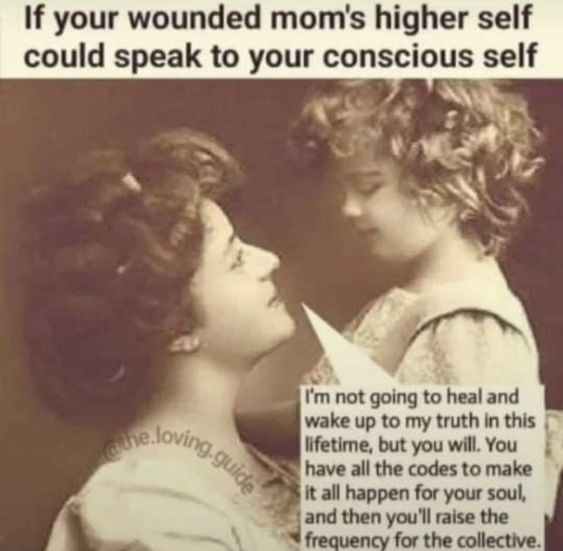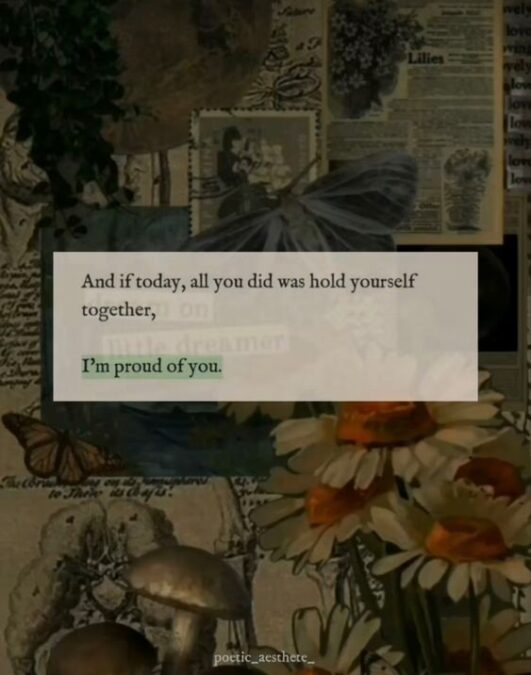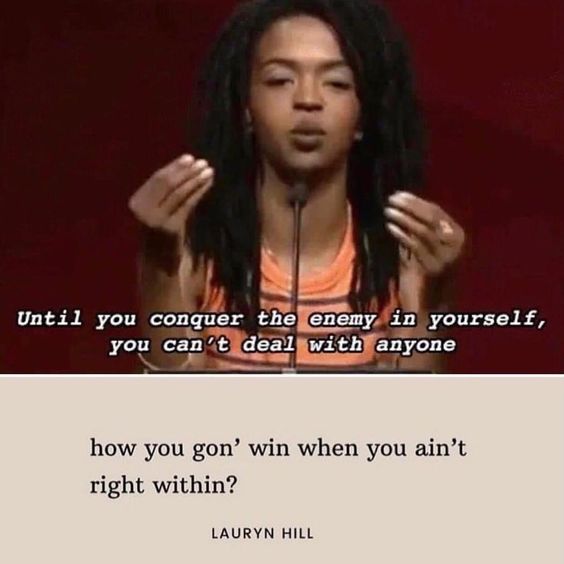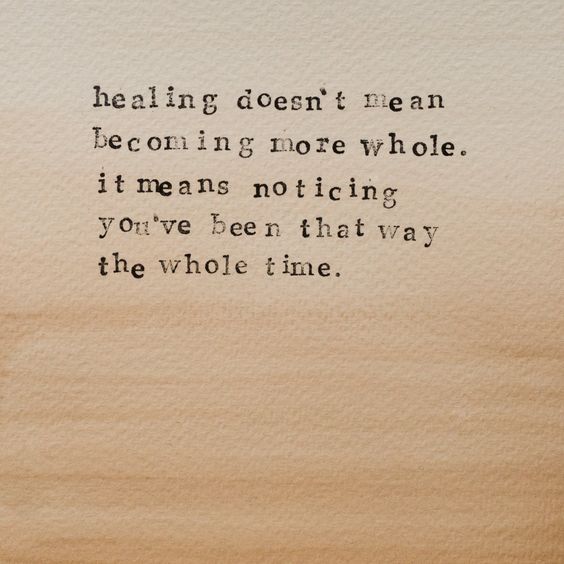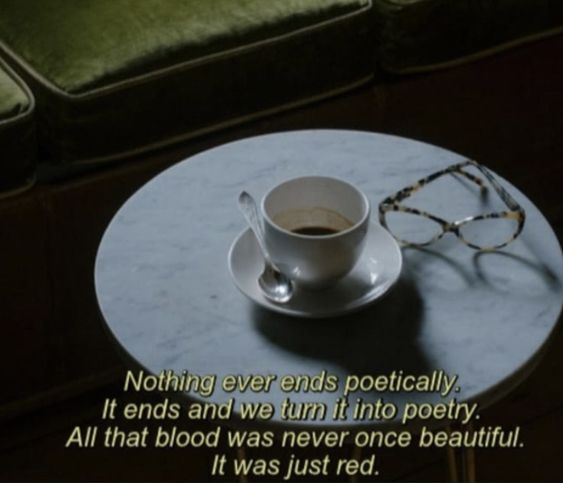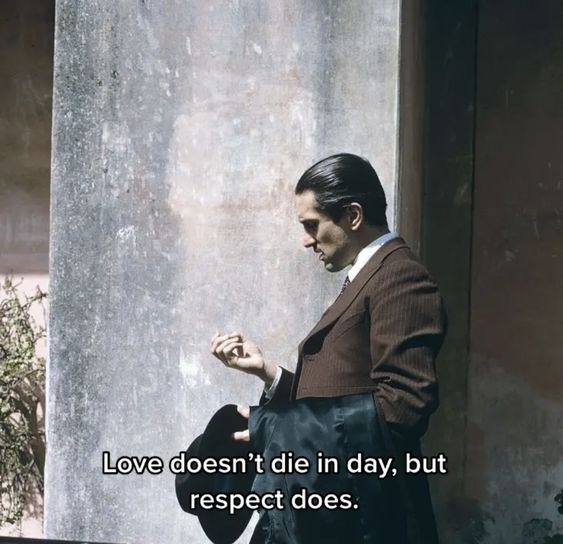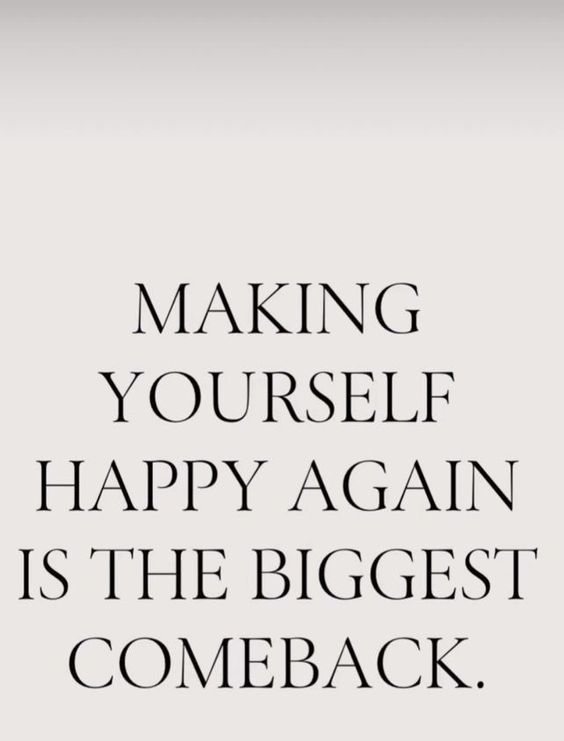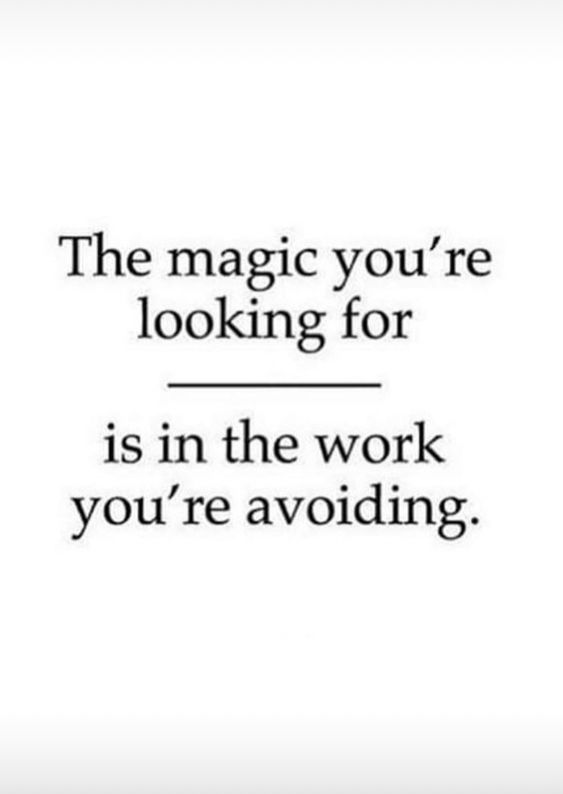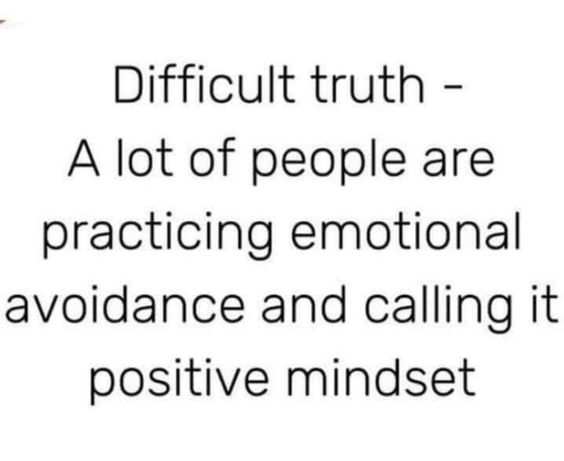“One of the reasons I stopped getting high was that that colorful fog came to seem like the only reality. Living in between highs was too often an empty drag. Many of my fellow hipsters began to bridge the gap with heroin. Some of them are now dead junkies, overdosed with illusion. I never tried heroin myself, because instinctively I knew that I would have liked it so much that in an instant I would have become the hippest of junkies, lost to myself forever. Since that time, chemically induced pilgrimages have seemed to me to be misleading detours. The way must not be sought by putting ecstasy into my body, but by finding it within my Self. Drugs can give pleasure and being high can be fund but the essence of pilgrimage cannot be found in a vial.”
Sheldon B. Kopp, If You Meet Buddha On The Road, Kill Him! (Page 203)
“The continuing struggle was once described in the following metaphor by a patient who had successfully completed a long course of psychotherapy: ‘I came to therapy hoping to receive butter for the bread of life. Instead, at the end, I emerged with a pail of sour milk, a churn, and instructions on how to use them.'”
Sheldon B. Kopp, If You Meet Buddha On The Road, Kill Him! (Page 138)
“We each learned again a bit more clearly that our old problems would remain temptations to messing-up for the rest of our lives, that we must each remember to remember that we will never be beyond error. Nothing important gets solved once and for all, finally and forever.”
Sheldon B. Kopp, If You Meet Buddha On The Road, Kill Him! (Page 138)
“When a psychotherapy patient does do the work of facing up to some of what he must endure, he is often rewarded by a sense of increased freedom and joy. However, as he comes to realize that there will be no light without some darkness, no rest without further toil, he may balk disappointedly to find that troubles never end. New solutions lead to new problems. New freedom leads to new responsibilities.”
Sheldon B. Kopp, If You Meet Buddha On The Road, Kill Him! (Page 136)
“[The patient] was sure that if he worked hard enough, suffered long enough, or (failing that) at least if he were to be rescued by me, then Nirvana could be his. He can bear his pain for a while if only someday, someway, he will be able to reach a state of blissful perfection, a time when he will have no more conflicts, anxieties, or uncertainties. As I come toppling down off the pedestal on which he has placed me, he is horrified to learn that enlightenment does not provide perfection. Instead, it simply offers the pedestrian possibility of living with the acceptance of imperfection.”
Sheldon B. Kopp, If You Meet Buddha On The Road, Kill Him! (Page 134)
“Patients are often disappointed to learn that I too wander unredeemed, that I am no better off than they are. Eventually, they may realize comfort implied in my turning out to be just another struggling human being. At least then I can bring a fellow-pilgrim sort of understanding to his journey. Recognition of my all-too-obvious fallibility can provide the relief of learning that some happiness is possible without his having to reach some state of perfection.”
Sheldon B. Kopp, If You Meet Buddha On The Road, Kill Him! (Page 134)
“The psychotherapy patient will have to learn to fend for himself, to become a lonely wayfarer whose whole life becomes one long, transforming pilgrimage. Being in treatment may show him the way he is to journey, but it will be up to him to reclaim his salvation continually by remaining on the march for the rest of his life.”
Sheldon B. Kopp, If You Meet Buddha On The Road, Kill Him! (Page 130)
“The only way to be saved is to spend your lifetime on a pilgrimage.”
Sheldon B. Kopp, If You Meet Buddha On The Road, Kill Him! (Page 128)
“Confronting one’s own personal garbage is the way to begin.”
Sheldon B. Kopp, If You Meet Buddha On The Road, Kill Him! (Page 126)
“If we flee from the evil in ourselves, we do it at our hazard. All evil is potential vitality in need of transformation. To live without the creative potential of our own destructiveness is to be a cardboard angel.”
Sheldon B. Kopp, If You Meet Buddha On The Road, Kill Him! (Page 109)
“No patient in psychotherapy can recover his own beauty and innocence without first facing the ugliness and evil in himself. [Carl] Jung tells us we have ‘dealt the devil… [no] serious blow by calling him neurosis.'”
Sheldon B. Kopp, If You Meet Buddha On The Road, Kill Him! (Page 105)
